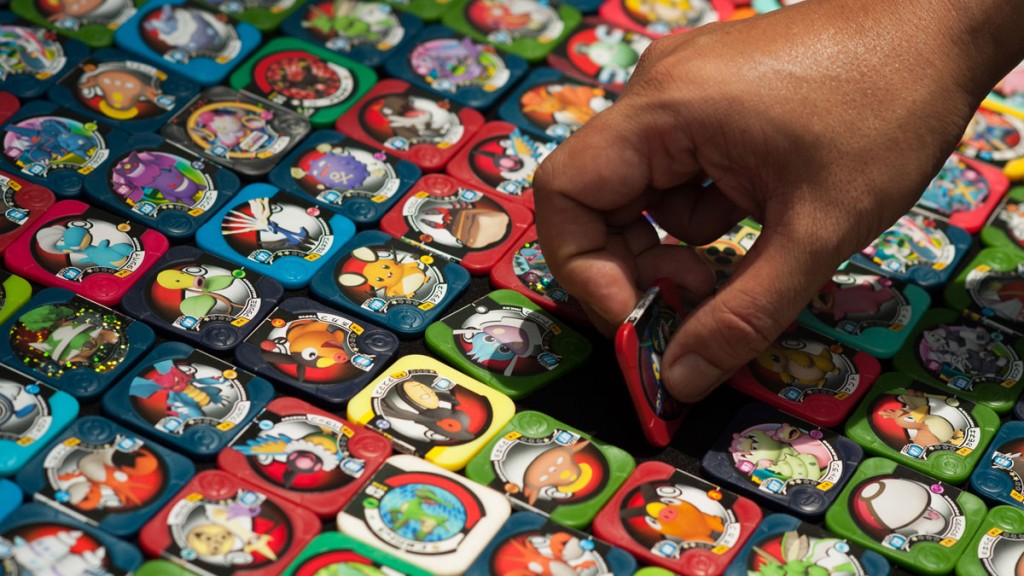
PokeCoins, the fun virtual currency in the Nintendo smartphone game Pokémon Go, which became this summer’s craze, can be used in the pursuit of breeding and catching monsters. But the virtual coins, which feature a smiling Pikachu in place of a head of state, also have a serious side, says Japan’s Financial Services Agency. The FSA is considering whether PokeCoins should be backed with real-world yen.
In-game purchases using virtual currencies, such as PokeCoins, are big business in Japan. Revenues from mobile games have almost tripled since 2012 to an estimated $8.6bn, according to SuperData Research. Much of that growth has been driven by the proliferation of virtual currencies, such as the magic stones of Puzzle & Dragons, the green gems of Clash of Clans and the rainbow orbs of Monster Strike. All could be affected by the FSA’s ruling, Leo Lewis notes in the Financial Times.
The FSA hasn’t set a final date for its decision on whether to securitise PokeCoins. But it is in talks with the US-based company behind Pokémon Go, Niantic, and the rest of the industry is watching closely. PokeCoins are bought using real-world money. So the regulator is exploring whether virtual currencies are in fact pre-payment systems. For example, players eager to collect all the monsters in Pokémon Go can spend ¥120 (94p) in PokeCoins to buy a “monster lure”, while handing over ¥500 (£3.93) gets you eight lucky eggs, with which to hatch rarer monsters.
If the FSA decides to class PokeCoins as a pre-payment system, the virtual currency would fall under Japan’s recently updated Payment Services Act. That would mean virtual currency sellers would need to deposit every March and September enough yen to equal half of any unused virtual currency held by gamers worth over ¥10m (£78,600).
Japan won’t want to dent the growth of what is a lucrative market. Since most mobile games derive revenues from in-game currency sales, the FSA will probably try to strike a balance, says games industry consultant Serkan Toto, quoted in the FT. “I think this will represent a big bureaucratic nuisance for games developers, but I don’t think it will be designed to break anyone’s neck.”